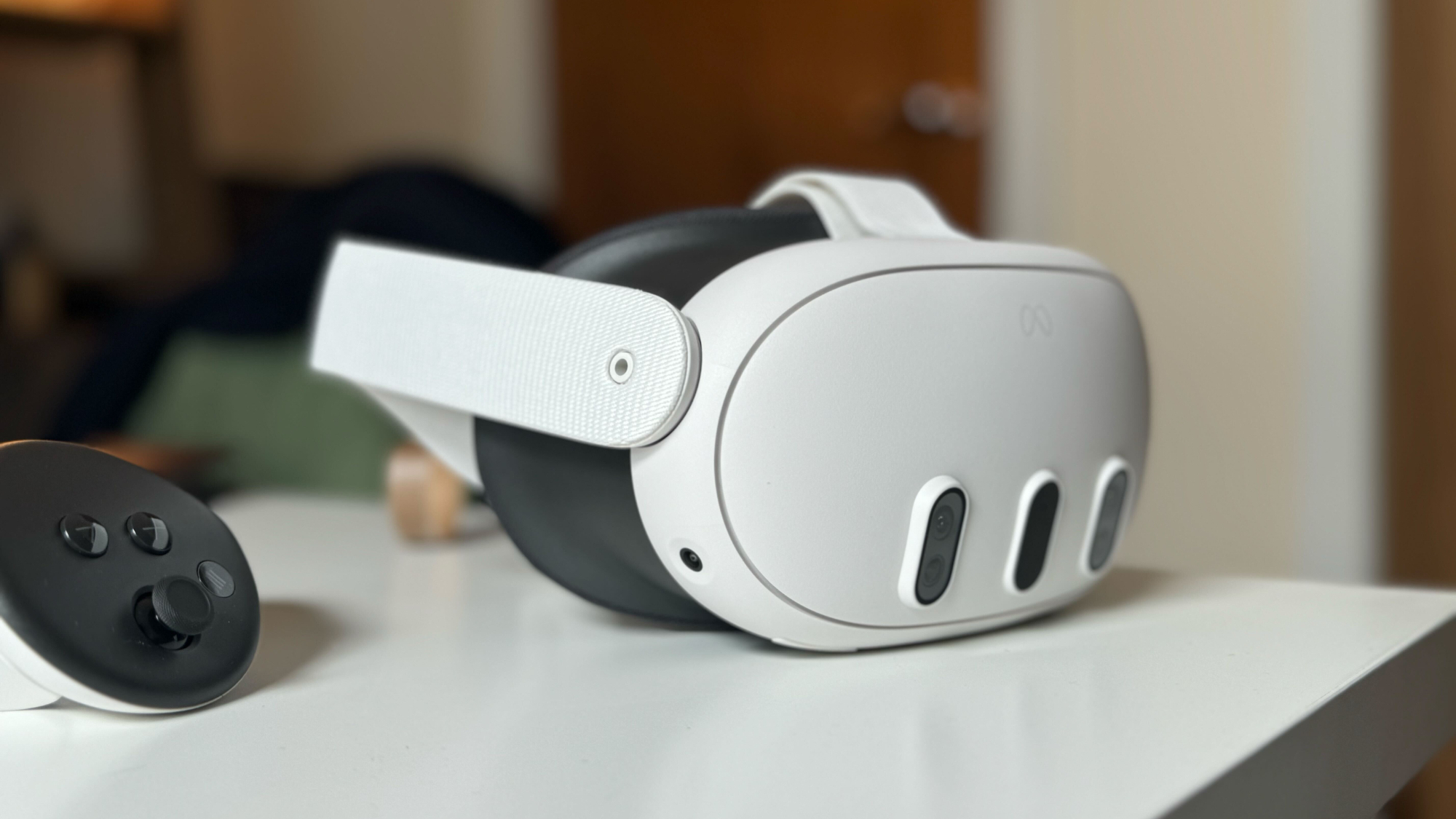
Meta might have to adjust its AR and VR hardware ambitions, just at the moment it faces its biggest ever competition from Apple and its Vision Pro headset.
Mark Zuckerberg’s company has been ploughing billions of dollars into the development of a ‘metaverse’ digital world and associated hardware, but will have to rein back its spending, according to a new report from The Information.
Meta’s Reality Labs hardware team, responsible for the development of the company’s Meta Quest hardware, has been asked to cut spending by close to 20% by 2026. And in a wake up call for staffers (who have endured mass layoffs) Meta’s Chief Financial Officer Susan Li has told teams that they should be targeting a $1 trillion dollar opportunity in the augmented and virtual reality markets. It’s a considerable shift from the previous money-no-object spending approach at the company, which has lost over $55 billion via its Reality Labs’ ambitious plans since 2019.
A new challenger emerges
It’s a tough spot for the Meta VR/AR team — which legitimized the space under the Oculus banner before being purchased by Zuckerberg’s then-Facebook company — to be in, as it fends off competition from its first major competition. Apple’s Vision Pro has itself got off to a slow start after launching this year in the US in February, but has just expanded its availability to markets including European and Asian territories.
Though significantly more expensive than Meta’s Quest 3, the Vision Pro is considerably more technologically advanced, and Meta is now expected to find a response to that. It’s hoping to do so with an assault on the market into (and beyond) 2026, with the launch of a new Quest 4 headset (currently set to ship in standard and premium configurations), and a high-end variant of the Quest line a year later.
For its part, Apple is expected to take the opposite tact, holding fire on a Vision Pro 2 headset in favour of a more affordable, stripped back take on the existing Vision Pro (which costs a whopping $3,499).
Both companies are ultimately targeting a release of augmented reality glasses however, with differing prototypes in the works, expected to have more mass market appeal than a vision-encompassing headset.
With VR still waiting for its mass-market moment, the race will be on to deliver the most compelling tech in a glasses-like form factor, though the elephant in the room will be investor pressure to refocus around artificial intelligence projects, generally seen to be the ‘next-big-thing’ in not just consumer tech, but the wider worlds of business, manufacturing and healthcare, too.







